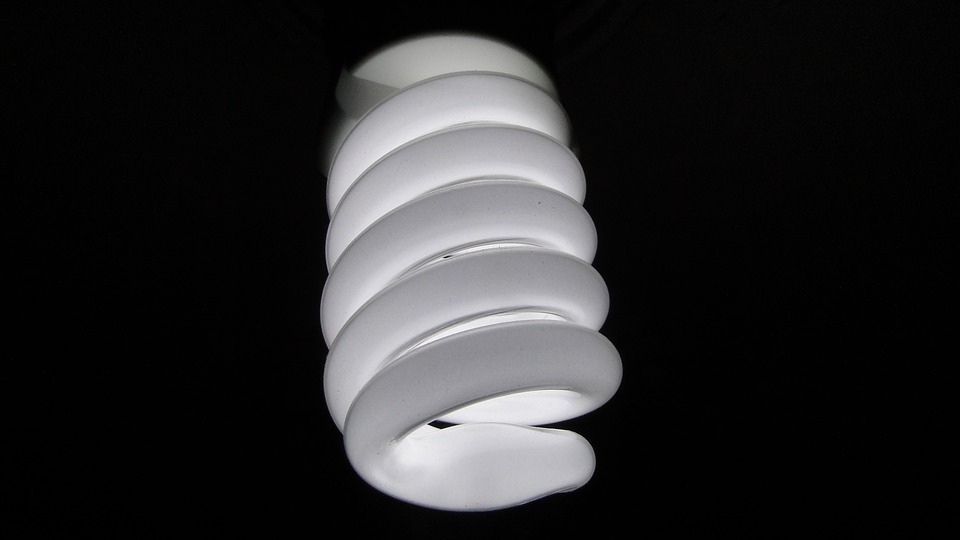You have no items in your shopping basket.
IP Ratings - What They Are And What They Mean

When it comes to your LED lights, you look for a certain set of features to make sure you’ve got the best models. Energy efficiency, lifespan and cost are all common factors which decide the kind of LED light that you have. However, there is another way that people decide what kind of LED light to buy, and that is to check the IP rating. We’re going to be looking at what the IP rating is, and how it affects the bulb, you’re looking to use.
So, what is an IP rating?
The IP rating is something which takes the form of code that’s printed on every kind on the bulb. It’s a general thing for people to do and stands for International Protection Marking. The system works in a format which reads ‘IPXY’. The X and the Y represent two different numbers, which mean two different things.
The numbers on an IP code - what they mean
With every IP code, you see printed onto a bulb, you’ll see two different numbers, as previously stated. These numbers represent two different things. The first number gives you an idea of how well the bulb will protect against objects which aren’t part of the bulb. These are such things as wires, moving components and conductors. The numbers range from 0, which is no protection, through to 6, which means that the bulb is designed to even prevent dust from entering it.
The second number is the way in which the object indicates how well it protects against water. Naturally, as water can damage the electrics and short circuit all manner of devices, a high level of protection is desirable. The numbers will range from having no protection from water at all, to safeguard against sprays of water, right the way through to being safe to immerse in water at depths which go beyond one meter.
How does this affect buying choices?
Obviously, when it comes to your bulb, the IP codes help to provide you with information about the various features of the bulb. This allows you to make a more informed buying choice. Places which work with water, such as aquatic centres, would need to have bulbs that were suitable for immersion underwater, whereas great big warehouses might require such things as dust proof LED systems for places where it is going to be harder to clean and maintain on a consistent basis.
Overall, the IP codes which you’ll come to find on LED bulbs are a great way to make sure that the buying choices you do make are the best that they possibly can be. It’s all about making sure that you choose the correct bulb for your particular need, and this helps to accomplish that by providing you with an explanation as to what each bulb can withstand and guard against. When you’re looking for the right bulb for your business, the IP code is something which you should make sure you take into consideration, as well as the other standard factors.
